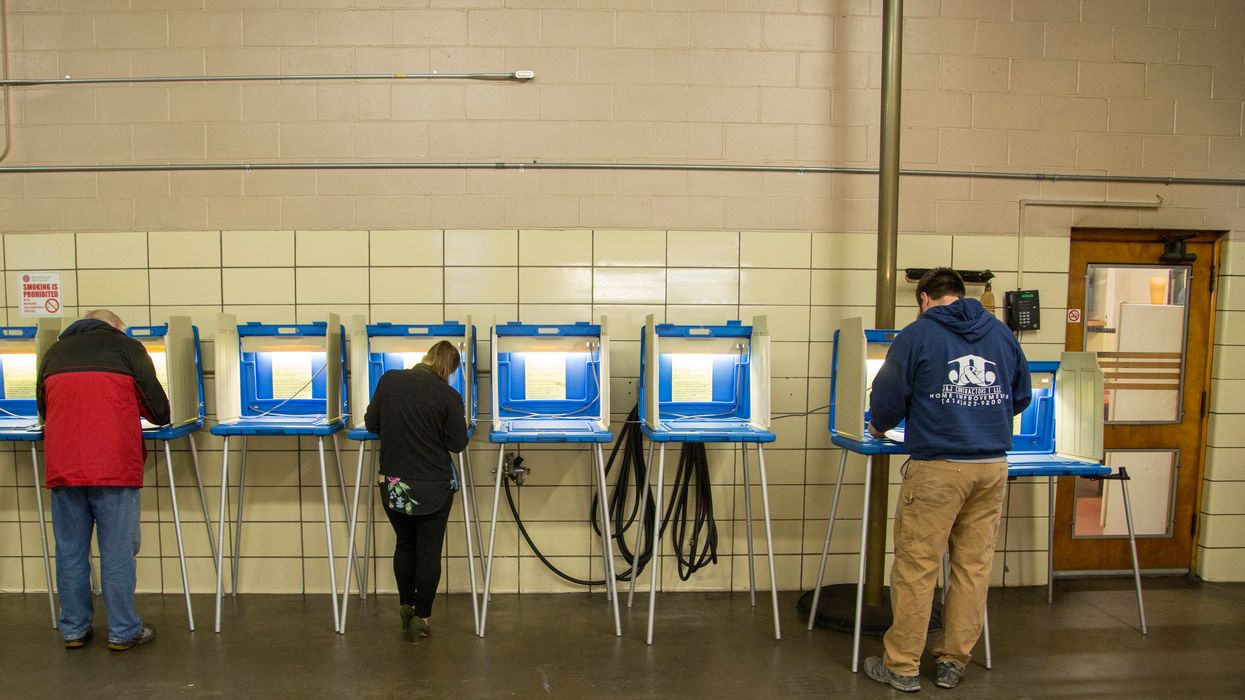Wisconsin is now the third state in which officials have found examples of people voting in more than one state in the 2018 election. And once again, the number of alleged illegal votes represents a tiny fraction of the overall totals.
The Wisconsin Elections Commission voted this week to refer 43 cases of suspected cross-state voting to district attorneys in 19 counties for possible prosecution.
The apparent double voting was found by matching data through the Electronic Registration Information Center, a collaboration of 30 states and the District of Columbia that share voter registration data in order to keep the voter lists up to date and spot possible fraud.
Secretaries of state in Iowa and Ohio have recently announced they were forwarding cases of apparent double voting — 9 and 10, respectively — to prosecutors.
The use of these sophisticated methods of matching voters across jurisdictions has become deeply partisan in recent years.
Republican election officials have used the information to justify attempts to remove the names of a large number of voters from the rolls. (In announcing the criminal referral, Wisconsin election officials pointed out that the 43 cases accounted for just .0002 percent of the 2.7 million votes cast in November 2018.)
Democratic election officials and voting rights advocates have objected that some of the apparent matches showing people registered — and voting — in more than one place turn out to be incorrect.
That could leave some voters in a difficult situation if they discover when they go to the polls that their names have been removed from the registration list.
Election officials try to head off such situations by advising people to double check whether their voter registration is still valid well in advance of an election. Vote.org offers a one-stop location for anyone to check on their registration status.




















